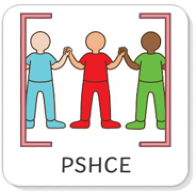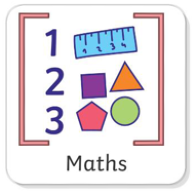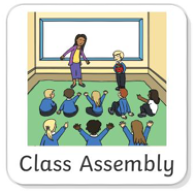Monday 19th May
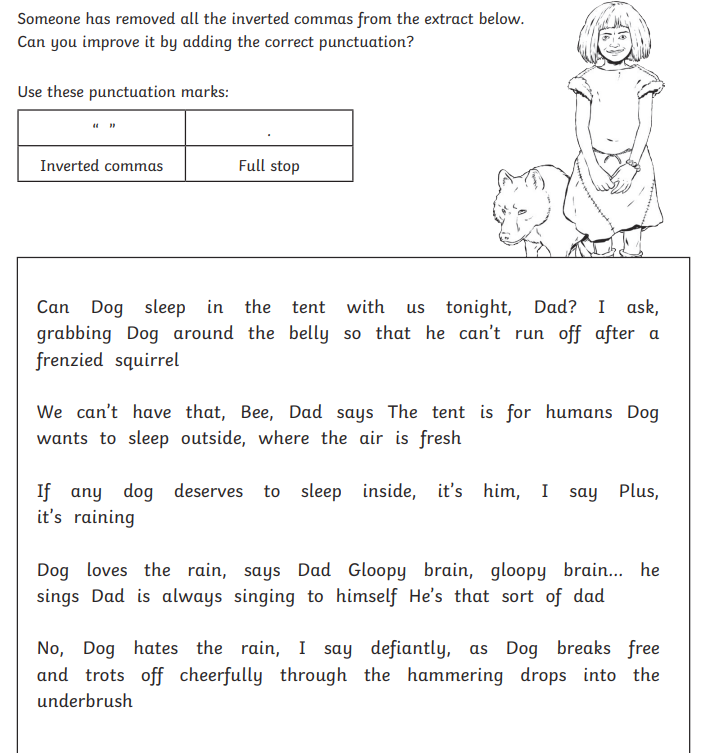
Monday 19th May 2025
LC: To independently plan a story with a dilemma.
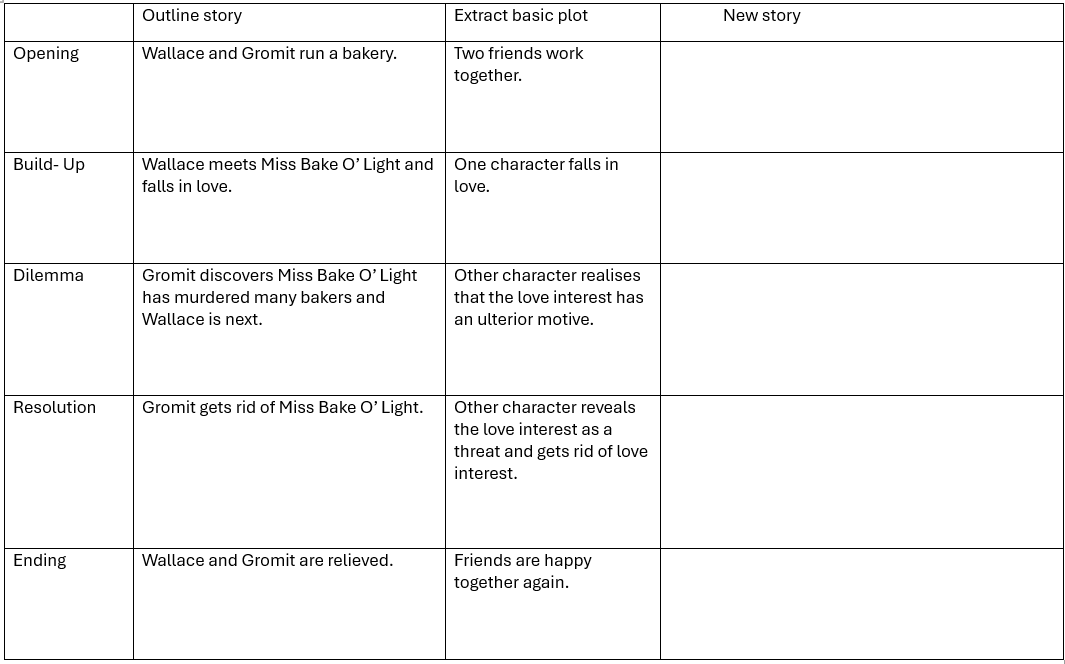
LC: To listen and respond respectfully to a wide range of people, including those whose traditions, beliefs and lifestyle are different to their own.
Role-play: give and take: Work in pairs to show what can go wrong if people don't respect the feelings of others.
Act out a situation where co-operation is needed: for example, sharing a reading book, throwing and catching a ball, sharing out a bag of sweets, building a model or trying to get through a narrow doorway from opposite directions.
Discuss in pairs, what can go wrong when people are unco-operative or selfish…
Remember :respect is mutual and needs give and take.
Respect and how to show it: 'How can we show other people respect?':
remember to say please and thank-you; take turns fairly; don't leave other people out or judge them harshly because they are different from you.
Respecting the views of other people doesn't mean you always have to agree with them: you can politely and respectfully disagree.
'What is fair treatment?'
'Fair treatment is the treatment we would want to receive from other people. We should treat others the way we would like to be treated.'
Responsibility: Begin with: 'When we act responsibly, we look after people or things. If we have a responsibility to someone else, we look after them and try to make sure their needs are met or that they are treated fairly.' Ask: 'Who is responsible for you? How do they show it?' Gather the pupils' stories and responses. Then ask: 'Who or what are you responsible for? How do you show it?' Again, gather the children's responses.
Rights: 'I believe you have a right to be treated fairly. You have a right to be cared-for. You have a right to an education . . . What do you think that word right means here?'
Remember:'a right is something important in life that we should all equally expect to have'.
What rights do we have?:
'What rights do you think you should have?' Work in pairs to list these rights.
'Is there a difference between things we would like to have and things we should have a right to have?' And: 'Are the rights we should have actual physical things, or are they ideas and freedoms?' .
UN Convention on the Rights of the Child: T
The United Nations (a group of nearly 200 countries including the UK) has agreed all children should have these rights.
'Should we all have a right to a childhood?' .

UN Convention on Rights of a Child (UNCRC) - UNICEF UK
Rights and responsibilities:
- 'Can you have a right without any responsibility?
What happens if you have the right to say what you think, but you don't have a responsibility to listen to what anyone else says?'
Each of our rights is balanced by a responsibility to respect the rights of others.
What rights do you think you have?
'I have a right to… and I have a responsibility to…'
For example : 'I have a right to be heard and I have a responsibility to listen to others.'
With your talk partner discuss what these words mean to you:
- respect,
- self-respect,
- mutual understanding,
- respectfully disagree,
- diversity,
- community,
- opinion,
- point-of-view,
- listen,
- polite,
- good manners
19.05.25
LC: To select from a wide range of tools and equipment to carryout tasks such as cutting, shaping, joining and finishing.
rail engineers lesson 6 10.pdf
Monday 19th May 2025
LC: Identify and explain how meaning is enhanced through the author's choice of words and phrases.
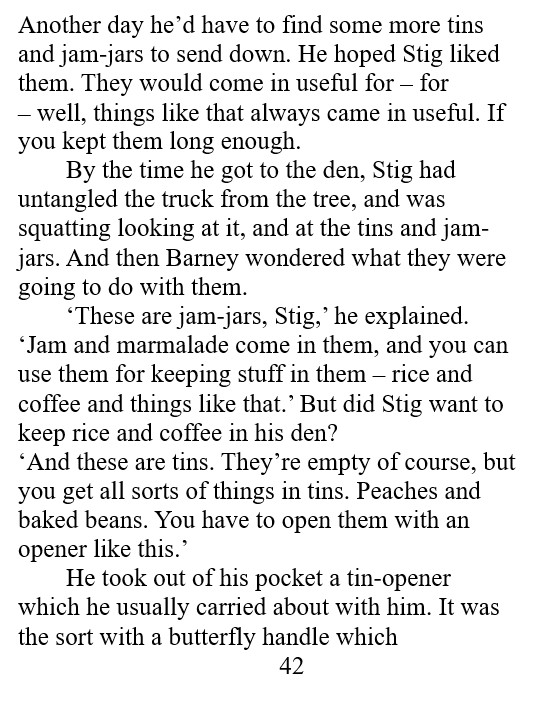
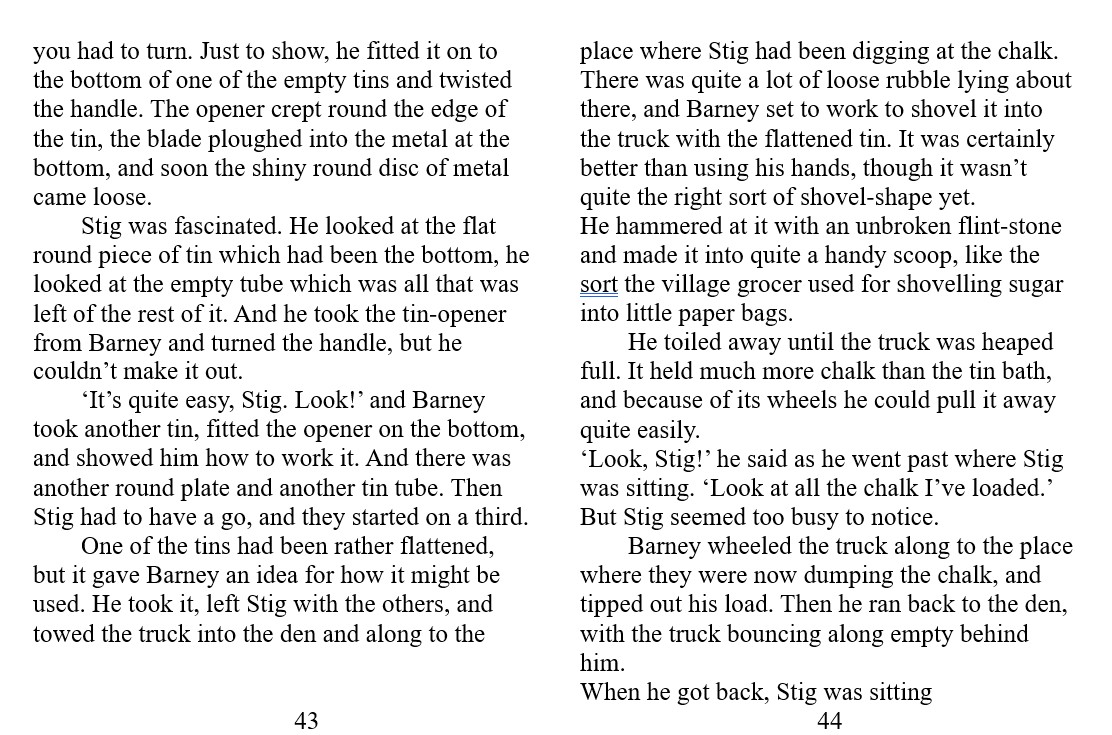
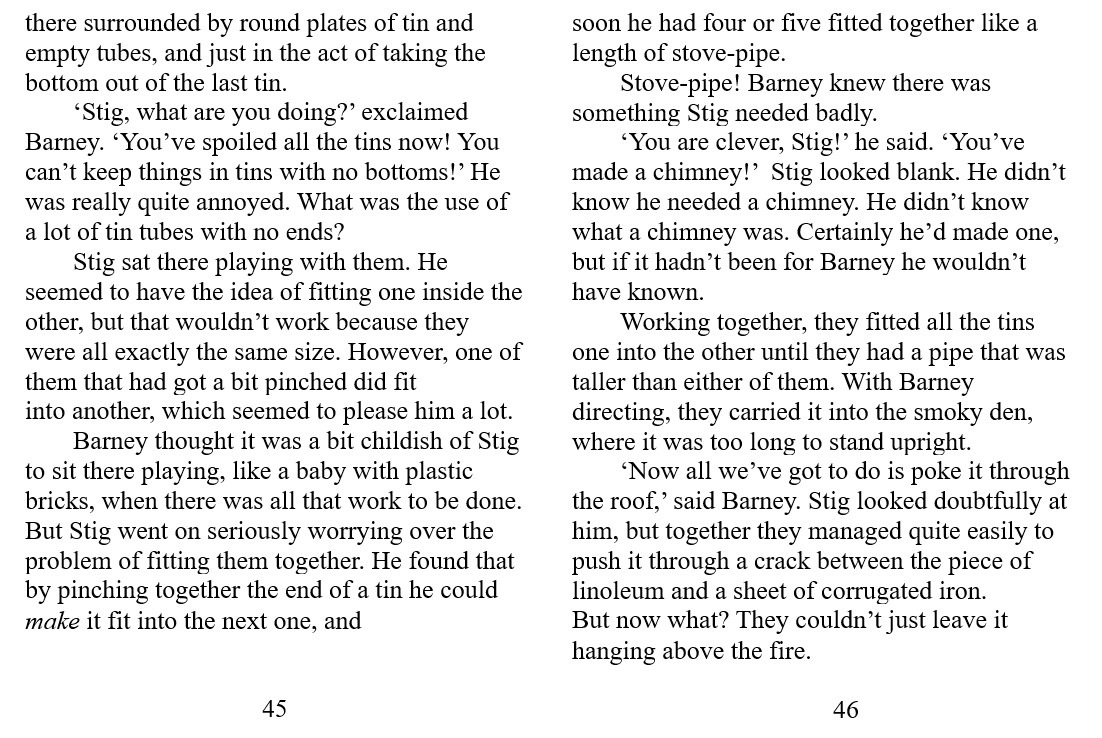
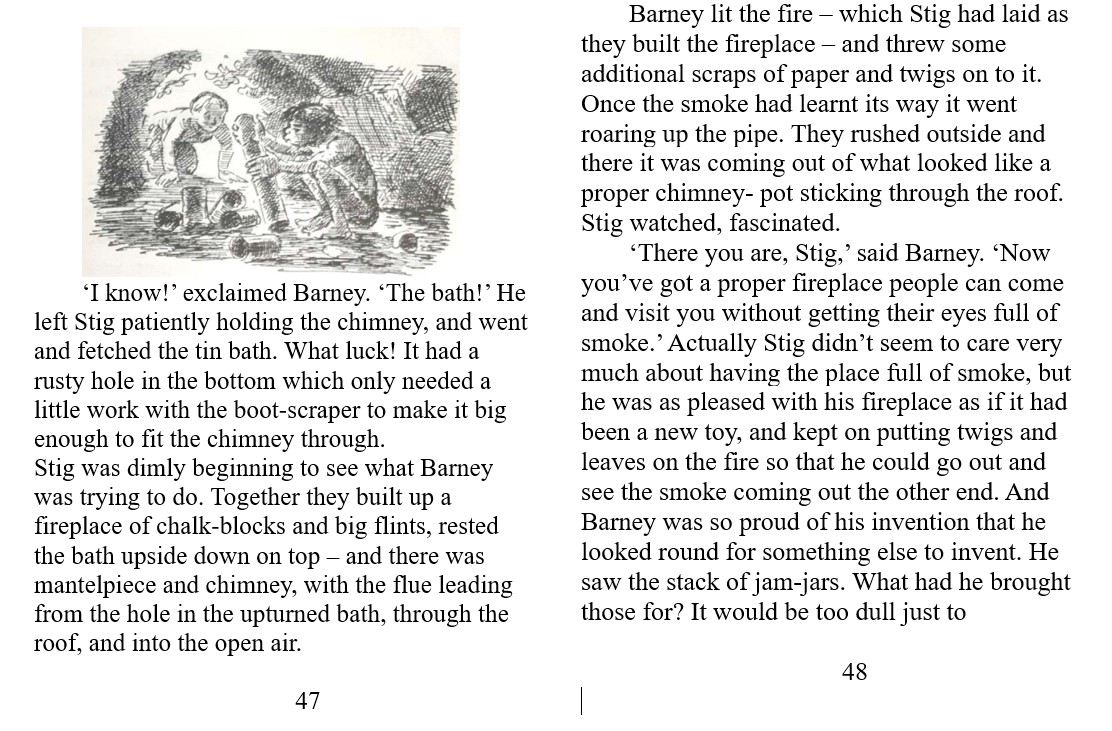
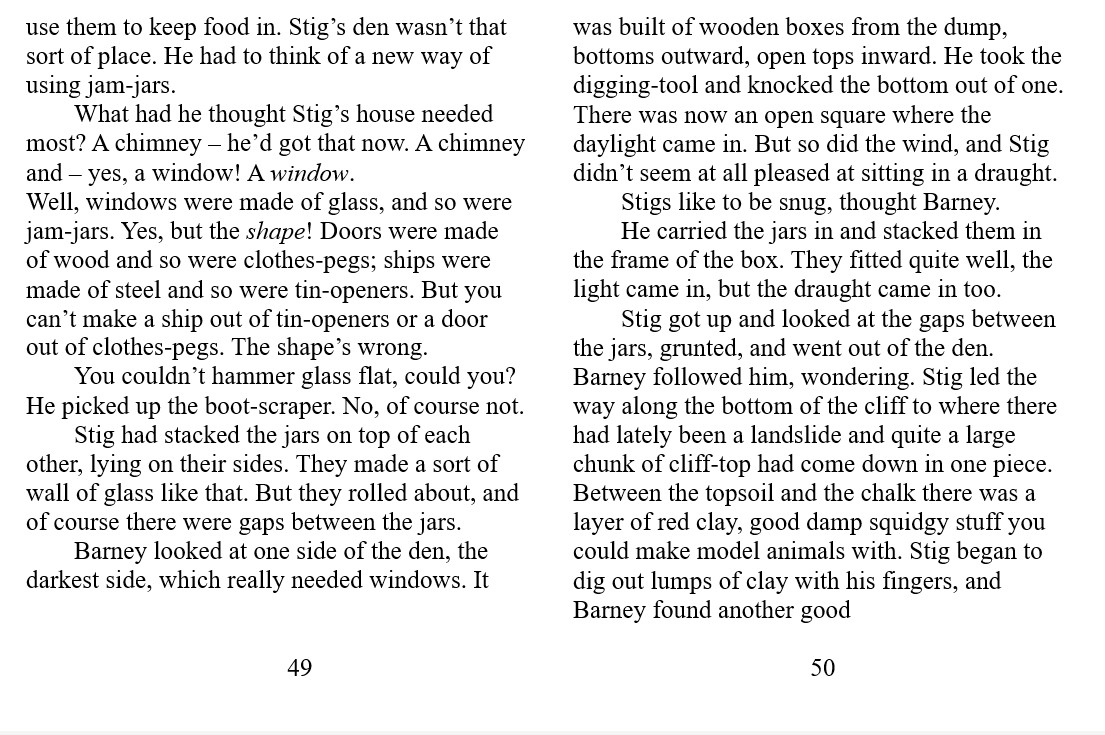
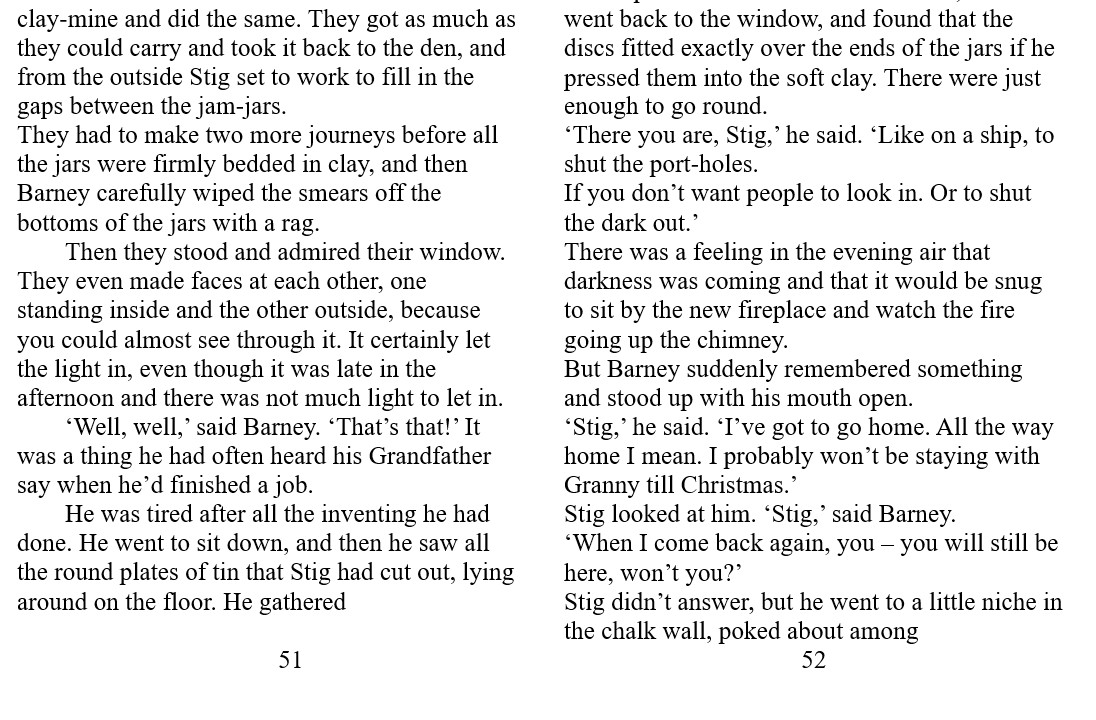
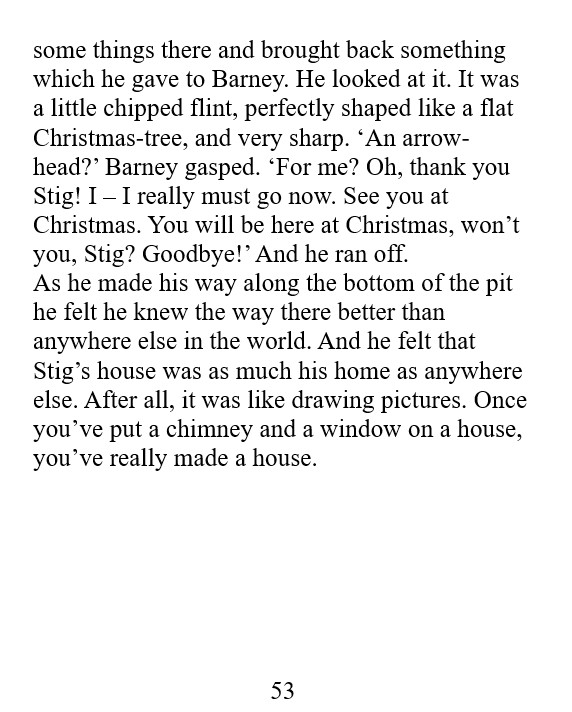
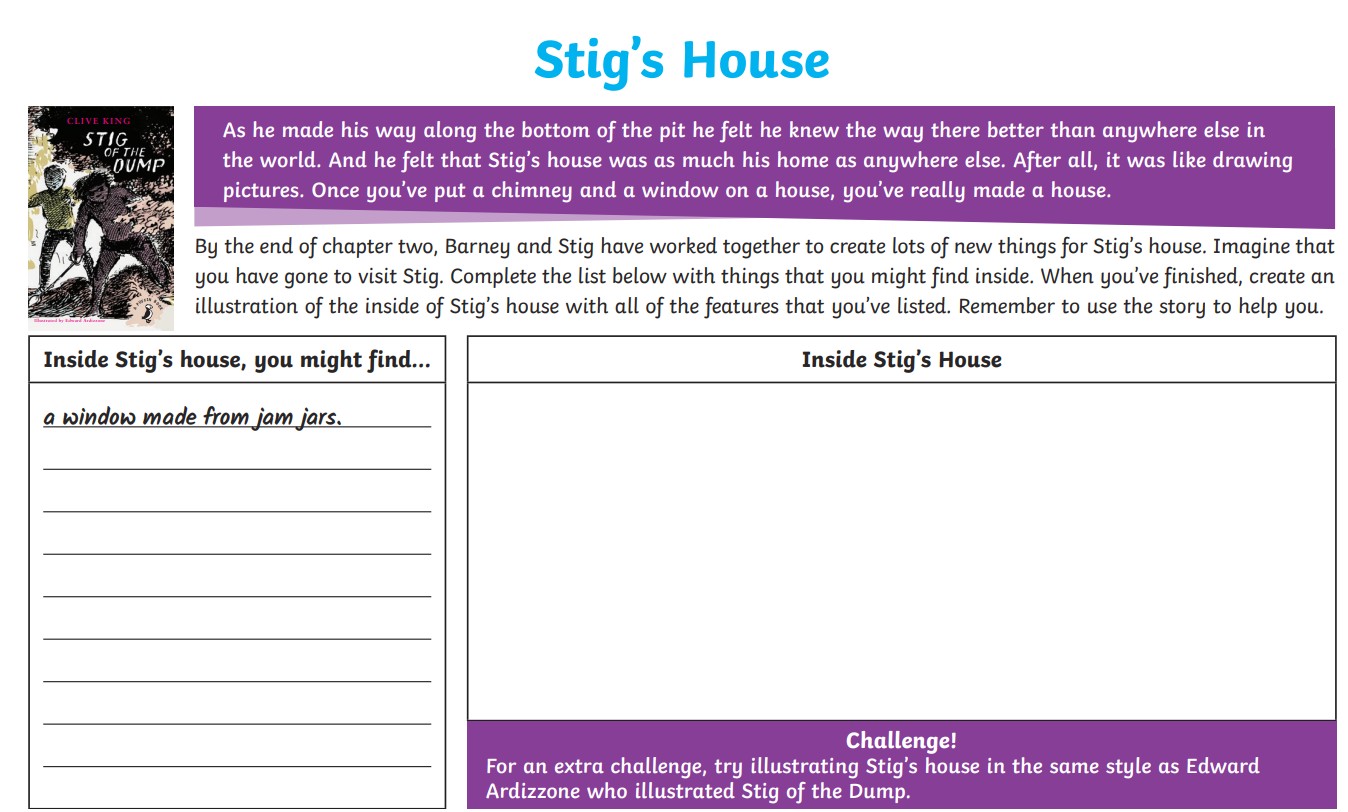
19.05.25
LC: To be able to identify right, acute and obtuse angles.
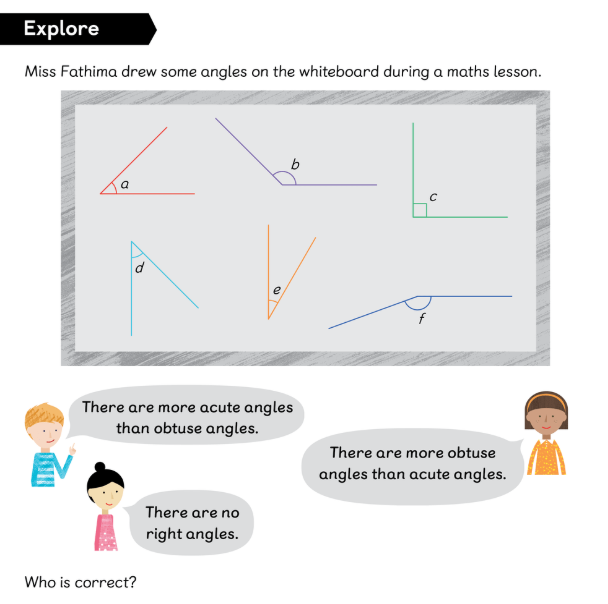
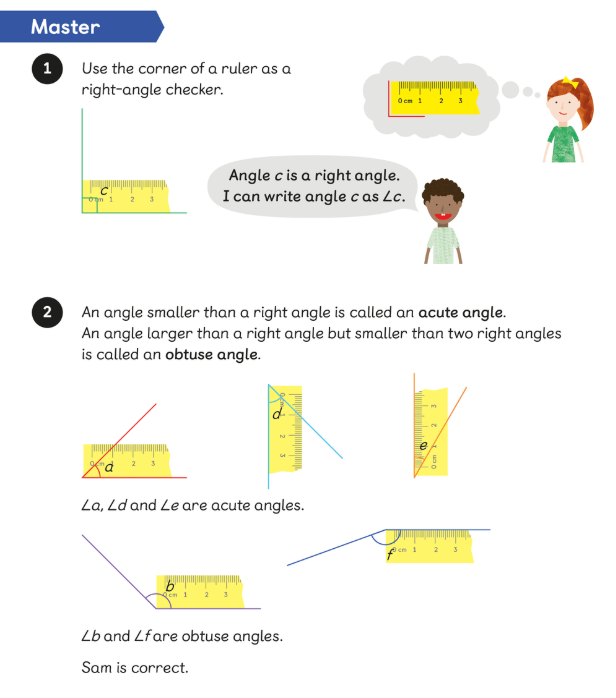
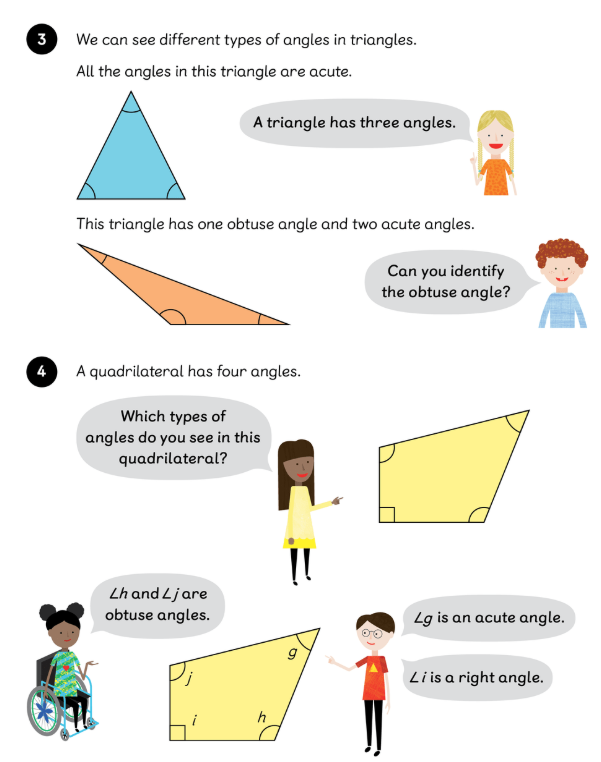
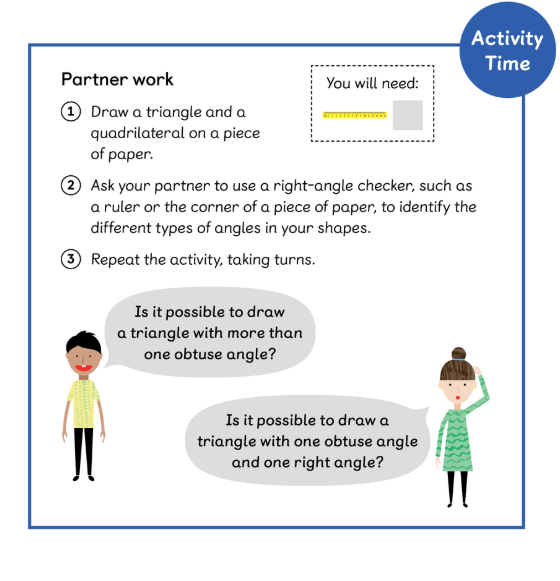
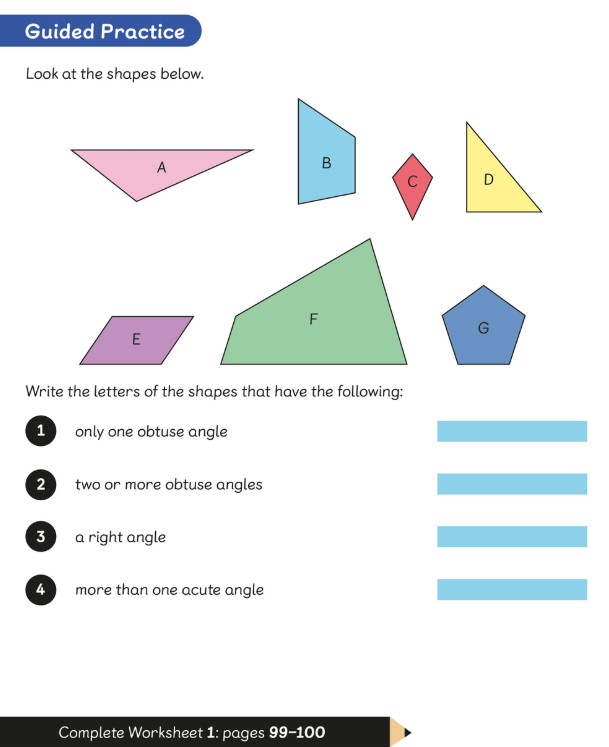
Many stories have been told and written to give important messages about what kind of people we should be and how we should live our lives - we call these stories with a moral. A man called Aesop wrote many stories with morals. Here is one of them.
Lion was a huge animal with big, sharp teeth. Many animals were afraid of him. He was fierce and he had a very loud, frightening roar. One day, he was fast asleep when a little mouse ran across his face. With a start, Lion woke up. He was angry and caught the mouse with one scoop of his enormous paw. ‘Spare me,’ cried Mouse. ‘Please don’t kill me. One day, I may be able to repay you.’ Lion laughed. How could a little mouse possibly help him? After all, he was king of the jungle. However, Lion let the mouse go. Some time later, Lion was out in the jungle when SNAP! He was caught in a hunter’s ropes. How the mighty creature roared and roared! The little mouse heard him and came to his rescue. She gnawed and gnawed at the ropes until they fell apart and Lion was freed. ‘You laughed when I said that one day, I would repay you,’ said Mouse. ‘But now you can see that even a mouse can help a lion.’






